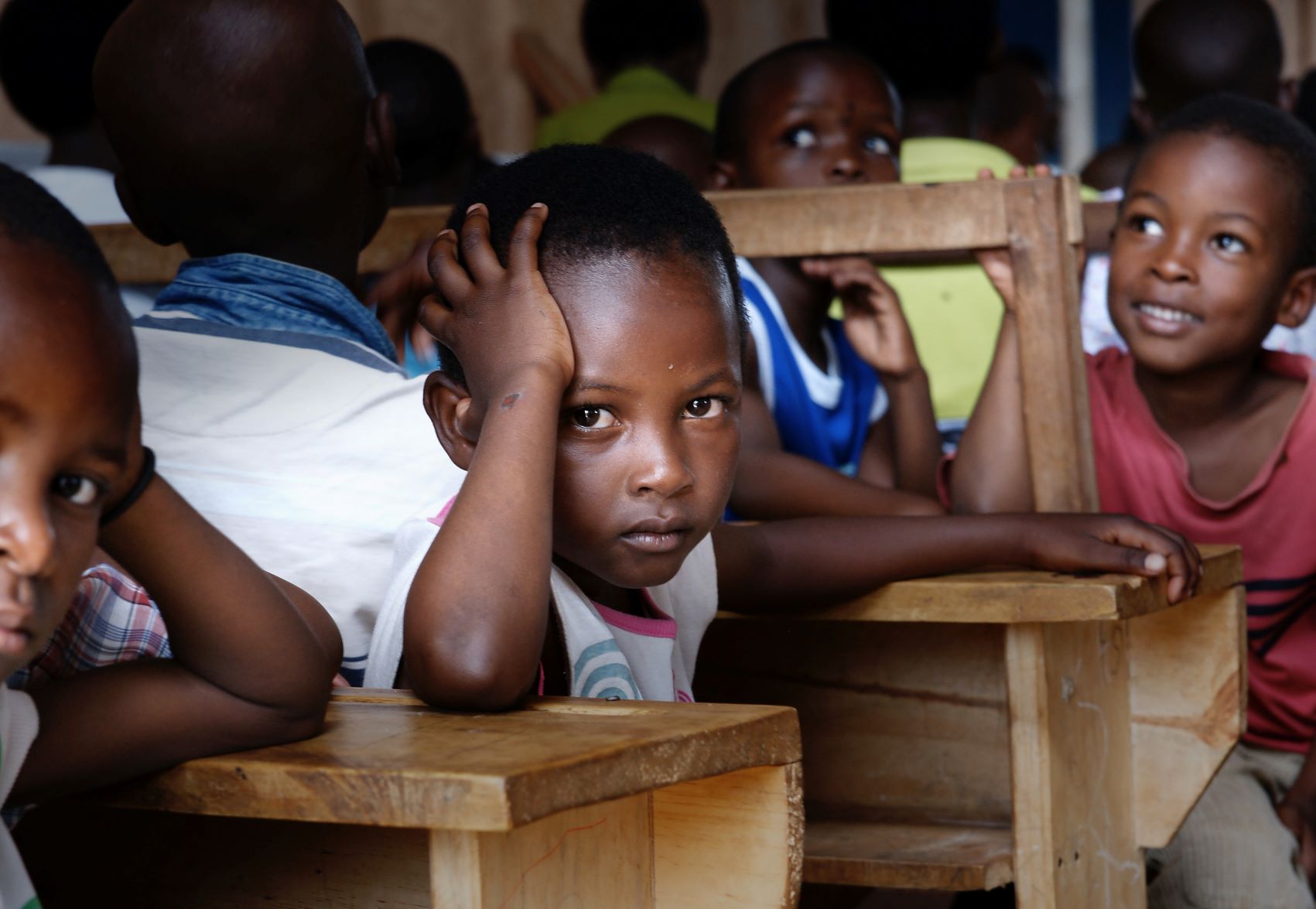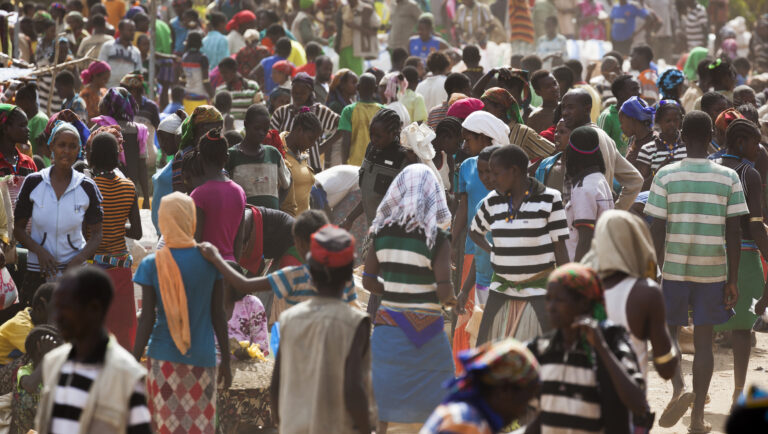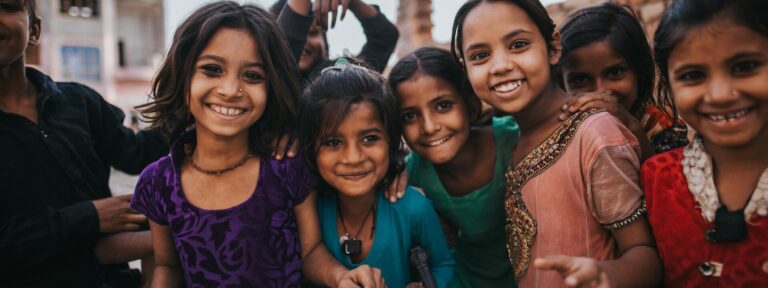
High population density hurts child health, study finds
A new analysis of how different development factors affect the health of children in Africa found that child health is worst in countries with high population densities.
The study, published in BMJ Open, is the first continent-wide analysis of overall child health performance in African countries. The authors looked at nine socioeconomic and environmental factors previously linked to public health to determine which ones have the strongest effect on the health of children aged under five, measured by an index that incorporates infectious diseases, stunting and injuries.
They found that across nations, the factors with the strongest effect on child health were per capita wealth (GDP), access to improved water and sanitation, household size (a measure of population density), environmental performance, and air quality.
According to the authors, their paper
“represents the first empirical demonstration that broad-scale environmental degradation and high household size deteriorate child health in low and middle-income nations.”

African kids left behind
Despite global progress in reducing childhood morbidity and mortality, Africa has lagged behind, with kids in sub-Saharan countries still 15 times more likely to die before their fifth birthday than those in high-income countries.
‘Ending preventable deaths of newborns and children under 5’ is one of the UN’s 17 Sustainable Development Goals – enabling more African countries to achieve this target requires identifying which policy interventions would have the greatest positive effect on the health and well-being of children.
Based on its findings, the study points out that young children in rapidly growing African nations may suffer the worst consequences of global environmental degradation and biodiversity loss.
Solutions
The authors suggest that continued investment in clean water and sanitation services, as well as measures to improve air quality and restrict further environmental degradation, are key to reducing child suffering. Refreshingly, they do not shy away from the population issue and call for “culturally appropriate, ethical and supportive family planning” to limit the impact of increasingly dense living conditions.
The study only briefly alludes to the link between maternal education level and family size, but with 40% of girls married before age 18 and one in four girls out of school, sub-Saharan Africa has huge potential to reduce fertility rates by investing in gender equality.



